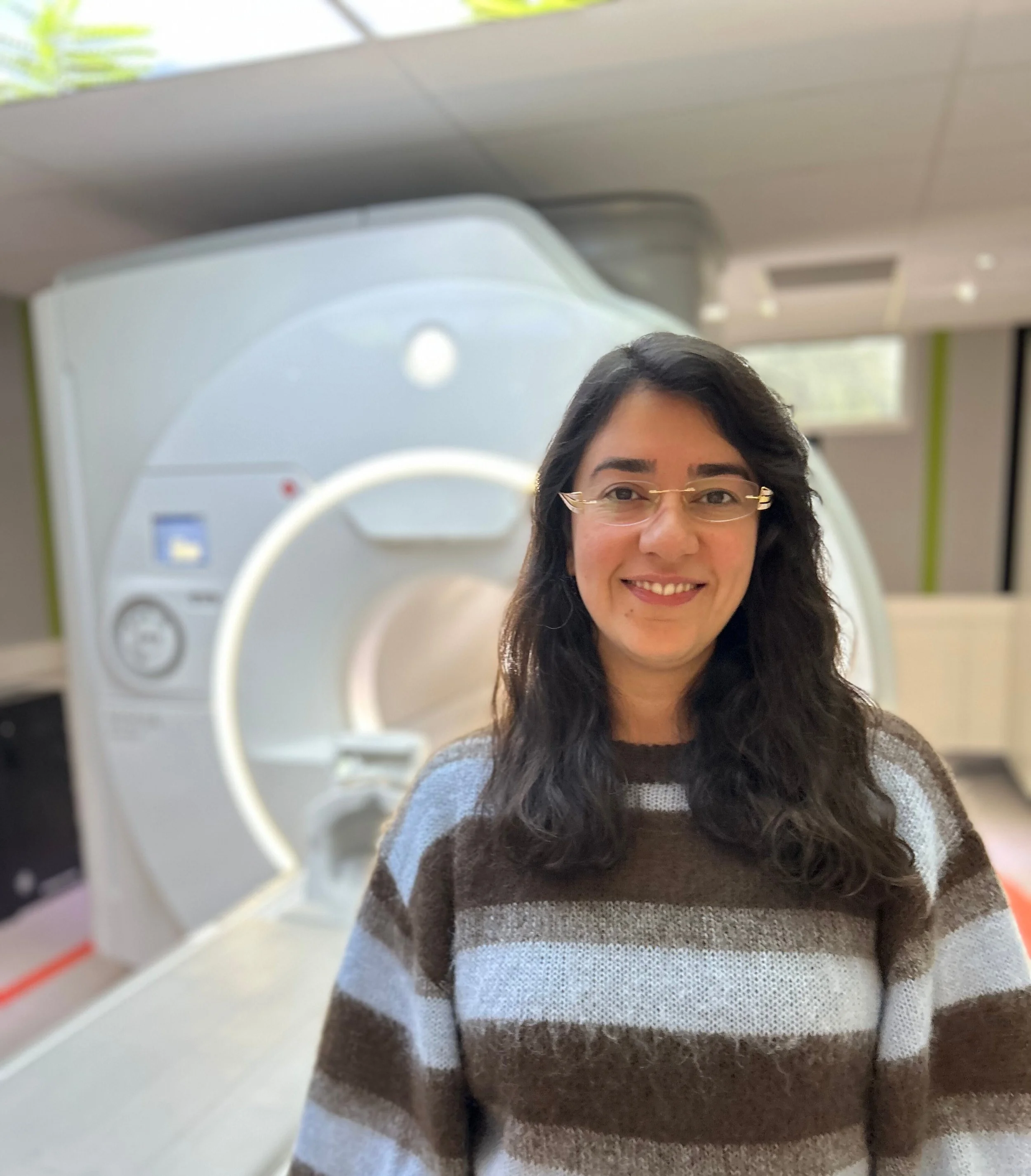Recovery in Real-Time: Dr Tayebi’s Multidisciplinary Approach to Addiction Recovery
Dr Maryam Tayebi
Research Fellow at Mātai Medical Research Institute
Dr Maryam Tayebi's journey into neuroscience research began with a father's dream and has evolved into groundbreaking work that could transform how we understand and treat methamphetamine addiction. Based in Gisborne, working with Mātai Medical Research Institute and the University of Auckland, Dr Tayebi is spearheading an innovative longitudinal study that tracks brain recovery in people beginning their abstinence journey from methamphetamine.
Her methamphetamine recovery project (known as MERP) represents a fresh multidisciplinary approach in addiction research, monitoring participants for up to 1.5 years to understand how the brain and heart recover and identify the best biomarkers of improvement. Dr Tayebi's research stands out for its integration of Western research practice with culturally conscious therapy, a combination that tackles one of addiction treatment's toughest challenges. "At the moment, one of the biggest challenges in addiction is that there's no standard treatment for these people", she notes.
The research team works closely with community partners. She explains that working with methamphetamine users requires exceptional connection and trust, given the high relapse rates and the vulnerability of this population.
Dr Tayebi's path to neuroscience wasn't entirely planned. With a background in radiology, she became fascinated by neuroimaging during her master's studies at the University of Manchester, captivated by advanced tools that could reveal previously invisible aspects of brain structure and function. "It was always a dream for me... it would be great if I can actually go a bit deeper into any of these advanced medical imaging fields."
Her current work fulfils a childhood prediction. Dr Tayebi's father always told her and her sister they should study heart or brain-related fields. Today, Dr Tayebi focuses on brain imaging while her sister works as a cardiologist. "It's like an unconscious future that is built into you," she reflects.
Before transitioning to addiction research, Dr Tayebi's PhD work on mild traumatic brain injury revealed surprising insights about brain injury detection. Working with the Auckland Bioengineering Institute, she discovered that combining imaging with computational modelling could identify subtle brain changes invisible to conventional and even advanced imaging techniques.
"When we were using a computational model to interpret this imaging data... we were able to see some effects of change that even advanced imaging cannot directly show us," she explains. This breakthrough demonstrates the power of multidisciplinary approaches in revealing what single methodologies cannot detect.
Dr Tayebi's motivation extends beyond immediate clinical applications. She sees research as being "one step before" direct patient care, working to develop tools that will eventually help thousands rather than the "10 patients per day" she might have seen during her clinical radiology practice.
For young researchers entering the field, Dr Tayebi emphasises the fundamental importance of passion and curiosity. "Research, like all other fields, if you don't have enough love toward it, it will be fading away," she warns, acknowledging that research can be "very daunting" and "overwhelming."
Her practical advice centres on two key principles. First, always start with "why", clearly understanding the purpose and beneficiaries of your research. She suggests writing this "why" down and keeping it visible as a lighthouse to guide you through the inevitable confusion and struggles of a PhD journey.
Second, to master the art of asking the right questions. Referencing Einstein's famous quote about spending 55 minutes of an hour defining a problem to solve it in five minutes, Dr Tayebi emphasises that "asking the right question is the trickiest part" in our AI-enhanced world.
" AI now will answer all your questions. But the winner is the one who asked the right question," she notes, highlighting how technological advancement has shifted the researcher's primary skill from finding answers to formulating the right questions.
With recent grant funding secured from the Neurological Foundation of NZ for the methamphetamine recovery project, Dr Tayebi anticipates that the study's approach may yield significant discoveries in the coming years. Her work represents more than just academic research; it's a bridge between rigorous neuroscience and culturally grounded healing practices.
"Whatever you do and whatever you discover, it's solving some part of this complicated puzzle for a bigger group of people," Dr Tayebi explains, capturing the essence of her research philosophy. As addiction continues to challenge healthcare systems globally, Dr Tayebi's combination of neuroimaging and community partnership offers hope for more effective, personalised treatment approaches. Her work shows how the most complex health challenges may require equally complex solutions that honour both scientific precision and cultural wisdom.
Article by Courteney Westlake (University of Otago)


